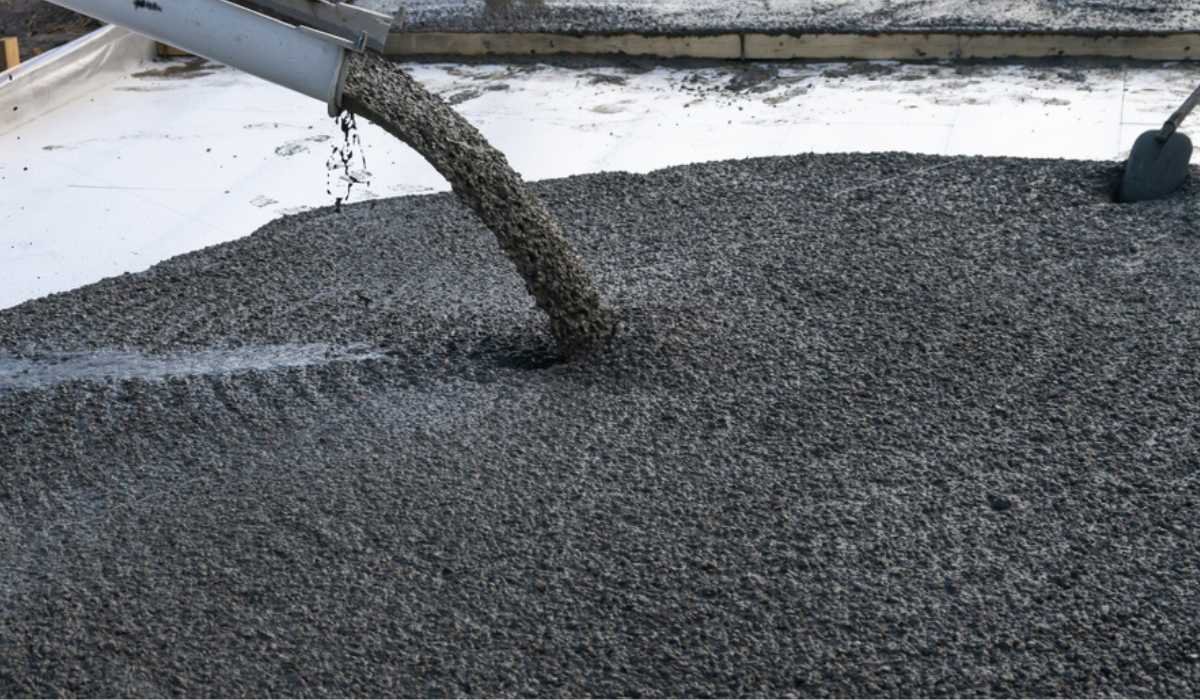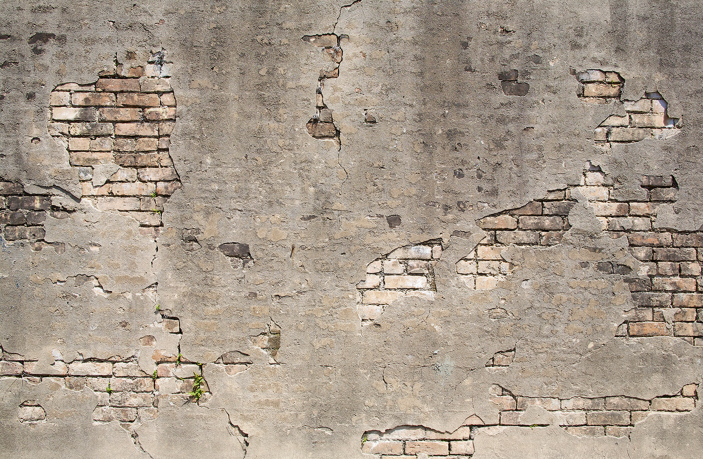Ingenious Concrete Style: Improve Your Property with Custom Concrete Work
Ingenious Concrete Style: Improve Your Property with Custom Concrete Work
Blog Article
Revealing the Eco-Friendly Advantages of Utilizing Recycled Concrete in Sustainable Construction Practices
In the realm of lasting building and construction techniques, the application of recycled concrete stands as an essential yet commonly undervalued resource. Beyond its conventional applications, recycled concrete offers a myriad of environment-friendly advantages that expand far past the boundaries of traditional construction products. From lowering environmental impact to enhancing cost-efficiency, the implications of integrating recycled concrete in lasting building methods are considerable. This functional product not just addresses pressing environmental problems but additionally provides a viable service to the difficulties faced by the construction sector at big.
Ecological Benefits
By including recycled concrete right into construction practices, there is a substantial decrease in the requirement for new raw products, leading to conservation of natural resources. Furthermore, the use of recycled concrete reduces the amount of waste being sent out to garbage dumps, thus reducing environmental air pollution and reducing the strain on garbage dump capacities (Concrete).

In comparison, recycled concrete has a reduced carbon footprint as it reduces the need for brand-new concrete production. Overall, the ecological benefits of making use of recycled concrete are considerable and play a critical function in advertising environment-friendly building techniques.
Cost-Efficiency
Accomplishing cost-efficiency is an extremely important consideration when evaluating the use of recycled concrete in construction tasks. One of the vital advantages of using recycled concrete is its cost-effectiveness compared to standard concrete.
Furthermore, the usage of recycled concrete can cause financial savings in land fill costs by diverting concrete waste from disposal sites. This not only decreases the environmental effect however additionally eliminates the prices related to waste removal. The longevity and performance of recycled concrete are comparable to conventional concrete, ensuring that cost savings do not compromise the high quality of the building.
Sturdiness and Strength
Considering the considerable cost-efficiency benefits of utilizing recycled concrete, it is essential to analyze its toughness and strength in building and construction applications. Recycled concrete offers comparable, if not exceptional, longevity and toughness homes to traditional concrete. Via innovations in handling techniques and quality control, recycled concrete can meet or surpass the performance standards of standard concrete. The process of recycling concrete includes crushing, sorting, and evaluating old concrete to generate accumulations that can be utilized in brand-new construction tasks. These recycled aggregates can supplying satisfactory compressive stamina, resilience, and lasting performance.

Waste Reduction
Effective waste reduction methods play an important duty in the sustainable usage of resources within the building and construction industry. When it involves using recycled concrete, waste reduction is a crucial benefit that adds significantly to environmental preservation. Standard construction methods commonly create significant quantities of visit this site waste, specifically in the form of concrete rubble from demolition sites. By integrating recycled concrete right into official source building jobs, this waste is repurposed and diverted from landfills, decreasing the general environmental impact of building and construction tasks.
Additionally, the usage of recycled concrete can lead to cost financial savings for building and construction jobs, as it is frequently extra affordable than sourcing and delivering new materials - Concrete. In verdict, waste reduction with the application of recycled concrete is an important component of sustainable building practices that benefits both the setting and the construction market as a whole.
Power Conservation
When it comes to using recycled concrete in building, considerable power cost savings are achieved contrasted to standard concrete production. The procedure of producing recycled concrete entails crushing and reusing existing concrete products, which takes in less power than mining, handling, and delivering raw products for new concrete production.
Conclusion
In conclusion, the application of recycled concrete in lasting building and construction techniques uses various environmental advantages, cost-efficiency, toughness, stamina, waste my explanation reduction, and power conservation. By incorporating recycled concrete right into construction tasks, we can add to a more lasting and environmentally pleasant future. It is necessary for the construction market to prioritize using recycled products to help lower the environmental impact of construction tasks.
One of the essential benefits of using recycled concrete is its cost-effectiveness contrasted to conventional concrete.In addition, the use of recycled concrete can lead to savings in landfill expenses by drawing away concrete waste from disposal sites. The resilience and efficiency of recycled concrete are comparable to traditional concrete, ensuring that price savings do not endanger the quality of the building.

Report this page